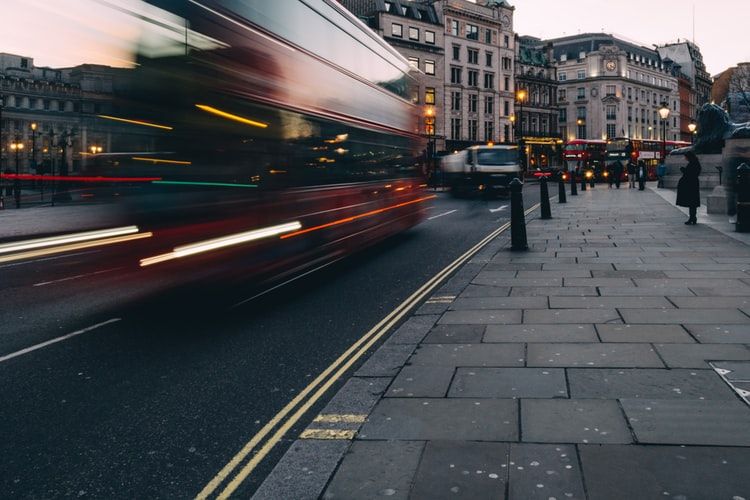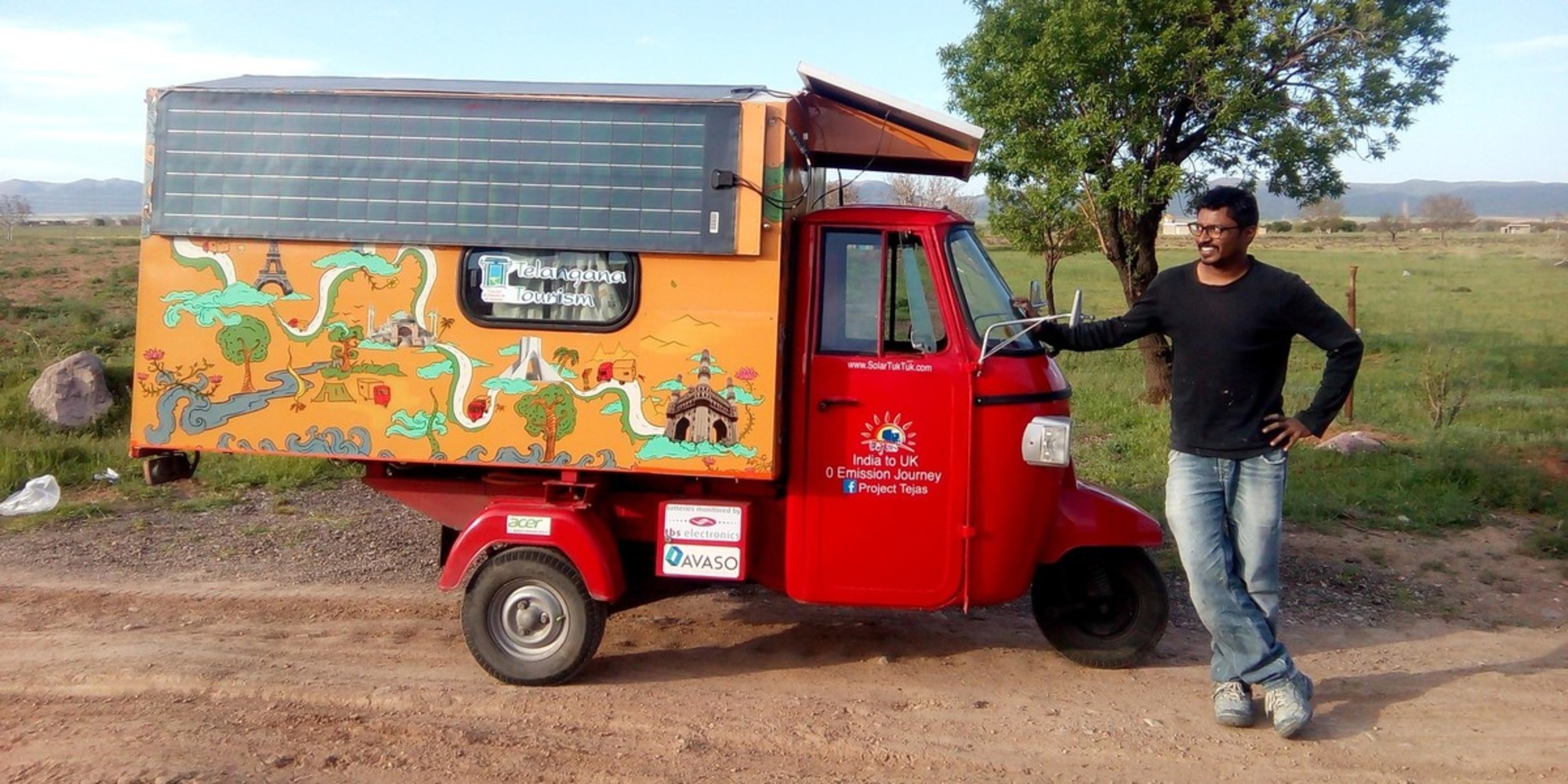
Saudi Arabia is building a revolutionary zero carbon city named "The Line". It will allow 1 million residents to live in a "zero cars, zero streets and zero carbon emissions" city but around nature.

The Swedish city of Gothenburg is developing the world’s first large-scale zero-emissions city zone. If the initiative works as proposed, Gothenburg Green City Zone will implement 100% emission-free transport modes by 2030.

Massachusetts state administrators note that cars are major contributors to carbon pollution, and any plan to achieve net-zero emissions must include the eradication of fossil fuel-powered automobiles.

Beech Street, much of which runs under the Barbican Estate, will now be restricted to zero emission vehicles, cyclists and pedestrians by Spring 2020. The experiment will run for 18 months, during which time the impact on air quality and traffic will be monitored.

A new report suggests that net zero emissions is achievable by mid-century, even in the hardest-to-reform sectors of the economy such as shipping, freight transport, cement manufacturing, plastics and aviation.

The nation’s parliament recently adopted new legislation that will require all vessels, ships, and liners entering their iconic fjords to produce zero carbon emissions.

Bhutan has been referred to by several places as the world’s first (and only) carbon negative country, in that it removes four times more greenhouse emissions then it produces.

This US state already has ambitious plans to get 1.5 million zero-emission cars on its roads by 2025.

Oxford in the UK wants to become the world's first carbon emission-free city by 2035, with a plan to ban all petrol and diesel vehicles from the city centre over the next 20 years.

A company has run the first successful test of the world’s only hydrogen fuel cell passenger train. The zero-emission silent train is powered by a single hydrogen fuel cell, producing electrical power for the traction.

An automotive engineer traveled 6,200 miles in his unique zero-emissions vehicle.

With 1,500 horsepower on tap and a 0-60 mph time of 2.6 seconds, the Dendrobium has what it takes to take on the world’s best supercars, but with one unique trait – zero emissions.

Located 3 km off Toronto Island and in 55 m of water, sits the first ever underwater compressed air energy storage system.